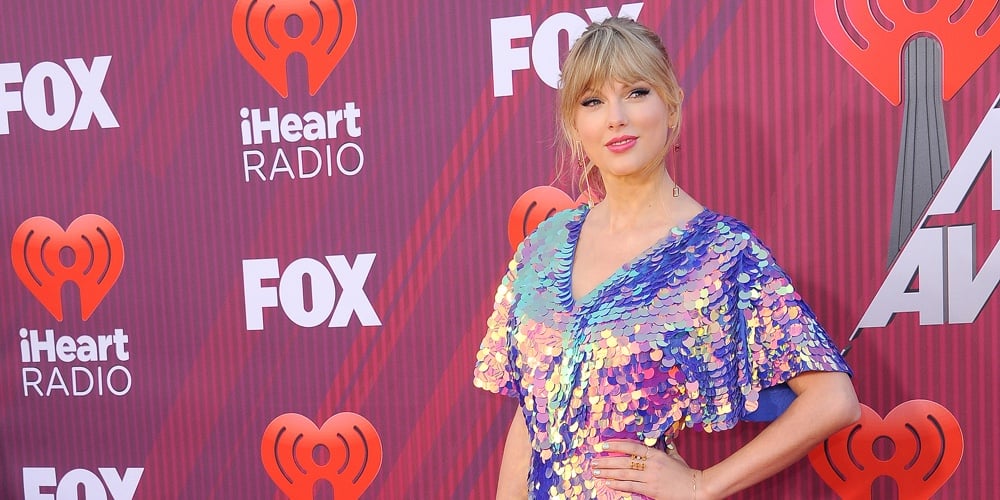Earned media and the big game

What do you get when you mix three renown pop culture figures with business?
The answer is simple: a lot of earned media.
At a time when consumers have more media than they can consume available at their fingertips, literally, acquiring earned media, aka free press, is increasingly difficult but not impossible. The example I am about to share may make you cringe, so buckle up. It involves Taylor Swift, Travis Kelce, and Donald Trump.
Stay with me. I’m not discussing politics here. I’m talking about the power of media, a popular PR tactic, and the associated risk.
It has been said that any press is good PR. That is debatable. What Trump posted on his Truth Social February 11 was typical Trump genius because he’s not trying to get likes. He’s trying to remain in the headlines, and that he did without spending a dime. Search for the Trump post about Taylor Swift and Travis Kelce and you’ll find pages of headlines from just about every media outlet under the sun covering the post.
Disclaimer: I do not believe the media lapped up his post like dehydrated bloodhounds because they were triggered. Just the opposite. The media are in business to make money. Period. The more attention any outlet can draw to itself, the higher their ratings. Higher ratings lead to increased ad revenue. The media know what they’re doing when they glom onto a celebrity story, attaching salacious headlines to it for clickbait.
To be clear, I do not support such sleight of hand tactics, and while negative headlines are not what we want for our businesses or ourselves, every businessperson and every marketer can learn from the media and from Donald Trump. What’s more is we can take a page from this playbook without compromising integrity.
The play is to simply engage within our respective orbits. Trump’s orbit is much of the world. How better to get the world’s attention than to invoke the name of a worldwide superstar on the day when her boyfriend is playing in the most watched event on the United States calendar?

Clearly, Swift reached massive success prior to that piece of legislation, but Trump truly believes Swift and other artists benefited from the Music Modernization Act. The point is, whether we like it or not, the post was authentically Trump. Despite clickbait headlines declaring otherwise, Trump did not claim responsibility for her success, he merely said she benefited from the legislation—a claim that would be hard to prove or disprove and quite frankly not worth anyone’s time.
When engaging with your world, however you define it, do so authentically, with good intention, candor, and a sense of humor. Don’t take yourself too seriously.
The second point about engagement, on social media or otherwise, is that it involves risk. Whether blatantly provocative or as innocuous as imaginable, your message will land differently on each recipient, and it always has the potential to be taken out of context. For this reason, many businesses stay in the safe zone, keeping their stories to themselves to avoid any semblance of confrontation. That’s fine but it doesn’t earn media attention.
Again, I’m not advocating for controversy. I’m simply saying, fear not. If you have a solid brand and reputation, are sensitive and empathetic, and avoid drama, why fear?
Haters gonna hate and there’s not much you can do about it. (Did you really think I’d end this column without a song reference?)
What level of tolerance does your brand have for engaging publicly?





